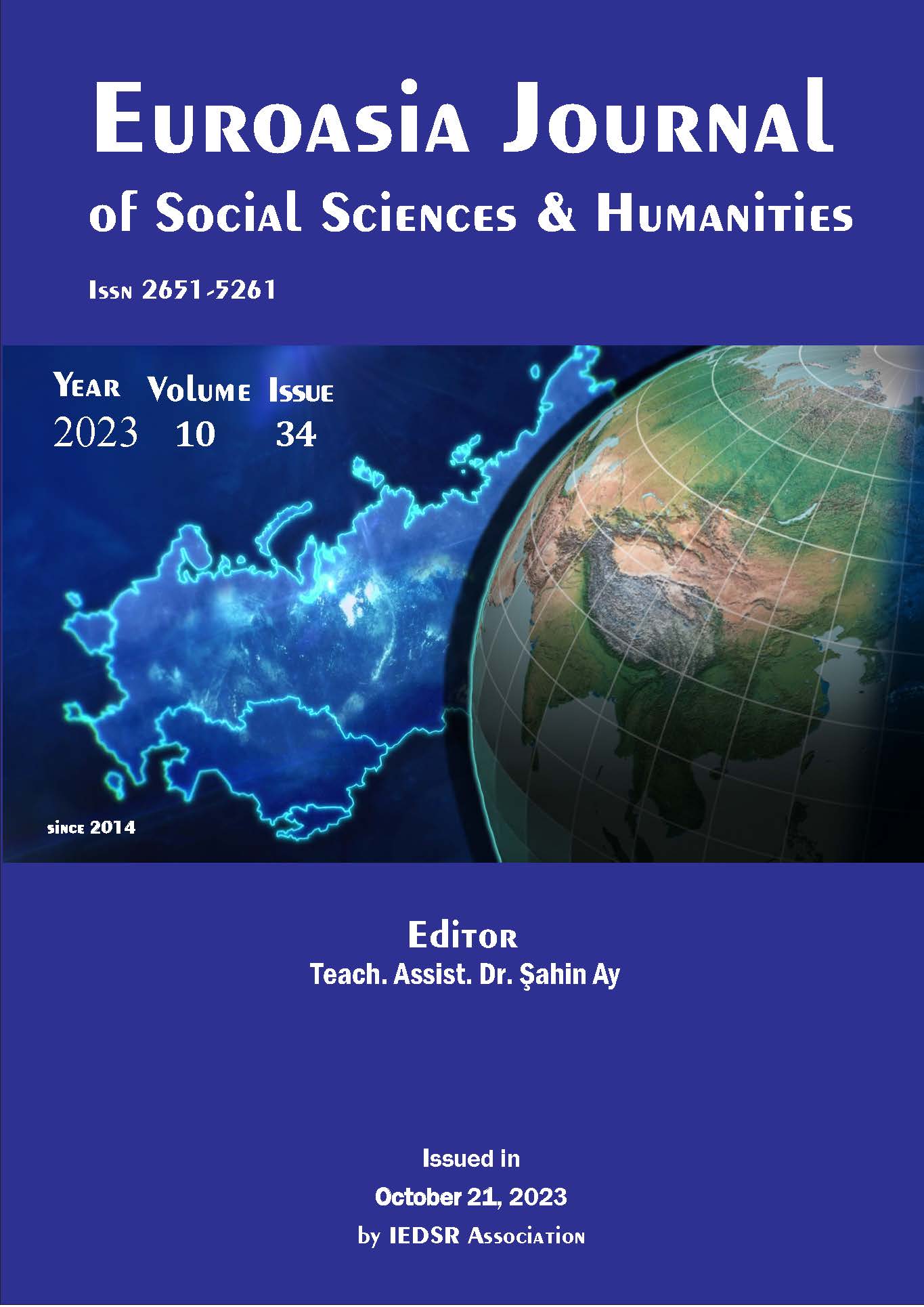Subjective and Social Implications in the Stories of Zîr Sâlim and Don Quixot
DOI:
https://doi.org/10.5281/zenodo.10030076Keywords:
Culture, Comparative Literature, Popular Culture, Don Quixote, - Zîr SâlimAbstract
Since its birth, comparative literature has aimed to strengthen communication and exchange of ideas between different nations and peoples, especially since literary forms are one of the most important tools for expressing the identities of nations. Some characters, such as the character of Zîr Salim in Arabic culture and the character of Don Quixote in Spanish culture, have gained wide fame and attracted great attention among the people. Thus, the two characters, especially Don Quixote as a global character that transcends linguistic and cultural borders, became among the most important literary models, especially since it was considered one of the first novels in Europe. It also contained a new idea, ridiculing the idea of chivalry during the European Renaissance and criticizing class differences, corruption, and the lack of social justice. As for the character of Zîr Sâlim, he is one of the most famous and widespread names in Arab culture. Because, in addition to being a great poet during the period of ignorance, he was also a heroic knight with a strong physical structure and supernatural abilities, which made him a legendary knight around whom stories and tales were woven. The article aims to focus on the subjective and social implications between the two characters in question. The article consists of two parts. The first examines aspects of subjective signification, one of the most important conclusions of which was that the hero is the most important form of subjective signification. In the second part, aspects of the social implications between Don Quixote and Zîr Sâlim were discussed. One of the most important conclusions of this chapter is that the social aspects are different between the novel Don Quixote and the story of Zîr Sâlim due to the time difference between them and the difference in cultural composition between Arab and Spanish societies. However, the comparison between them started from the context of acculturation, which believes in the unity of the human dimension among various literatures. The article ended with a conclusion containing the most important conclusions.
Downloads
References
Bozkurt, N. (2005). Fikir Mimarları-1: Hegel. İstanbul: Say Yayınları.
Carlyle, T. (2021). Kahramanlar, Kahramanlara Tapınmak ve Tarihte Kahramanlık Üzerine. (Z. Ünalan, Çev.) İstanbul: Saltokur.
Cervantes, M. (1995). Don Quıjote. (R. Hakmen, Çev.) İatanbul: Yapı Kredi Yayınlar.
Claudio, G. (1993). The Challenge of Comparative Literature. London: Harvard Uvivers'ty press.
Ergin, M. (2017). Dede Korkut Kitabı. İstanbul: Boğaziçi Yayınları.
Fromm, E. (2006). Psikanaliz ve Din. . (E. Erten, Çev.) İstanbul: Say Yayınları.
Hûrşid, F. (2002). Edebü’l-usṭûra ‘inde’l-‘Arab. Kuveyt: Silsiletü İlimi’l-Marife.
Kımnî, S. (1999). (el-Usṭûra ve’t-türâs̠. Kahire: el-Merkezü’l-Mısrî li Buhûsi’l-Hadâre.
ḳıṣetuz Zîr Salem el-kebyr . (2012). Beyru: el-cemel Yayınları.
Ḳıssatü’z-Zîr Sâlim el-kebîr. (2013). Beyrut: El-Cemel Yayınları.
The Hutchinson Encyclopedia of Literature. (2006). Abingdon: Helicon Publishing.
Downloads
Published
How to Cite
Issue
Section
License
Copyright (c) 2023 EUROASIA JOURNAL OF SOCIAL SCIENCES & HUMANITIES

This work is licensed under a Creative Commons Attribution-NonCommercial 4.0 International License.

